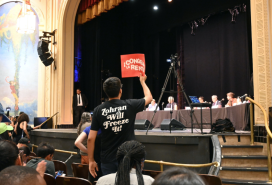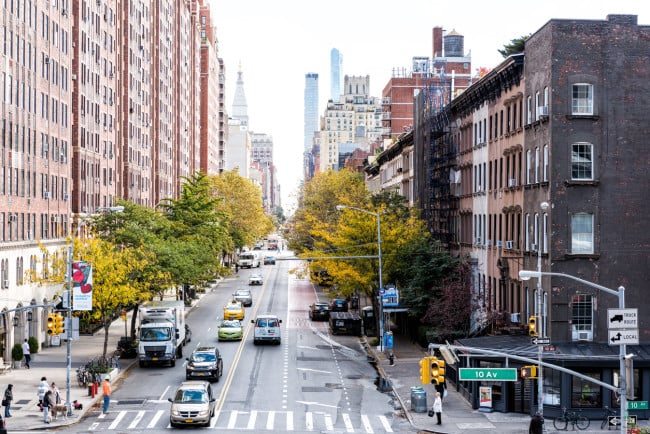How to make your NYC apartment quieter and give your ears a break
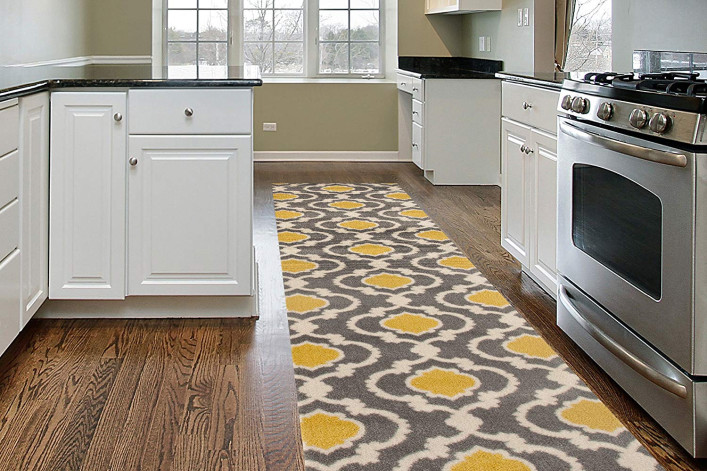
Kitchens are noisy places, thanks to their hard surfaces, so putting down a runner like this can help.
New York City is an incredibly noisy place and apartments here, instead of being private sanctuaries where one can get away from the clamor, can sometimes be part of the problem.
That’s because noise is a lot like sun exposure, and as city dwellers go about their day, they are doing damage to their hearing through cumulative exposure, says Bryan Pollard, president of Hyperacusis Research. He explains that decibel levels on the street or in the subway vary widely from 70 to over 100, for example, when an emergency vehicle passes by.
Exposure to bursts of noise, over the course of a day, can add up and take a toll on one’s hearing or even mental health.
The prescription, he says, “to take measures to make your home quiet to bring your aggregate down.” Your health is at risk, he says, because “your body is not safe if your average is not below 70 decibels.”
You can take some tips from Annabel Lee, a New Yorker who suffers from hyperacusis, a debilitating hearing disorder that leaves her extremely sensitive to sound, which was caused by a noise injury, she says.
Kick noisy appliances out of the kitchen
She lives in a rental building on the Upper West Side and has found the kitchen in particular to be a battleground for sound issues.
“A lot of new appliances are computerized, so they beep. If you don’t close the fridge door, it will beep. The microwave, the coffeemaker, the toaster, the fan—they all make noise. Even appliances that are supposedly quiet when they’re running will beep when you turn them on,” she says. “To me, that doesn’t constitute quiet.”
Quiet kitchen appliances are especially important in a studio apartment, Lee points out, where you are basically sleeping next to the kitchen.
Older, even vintage appliances don’t have a noise problem. Lee loved her vintage toaster for that reason, but it conked out after much use.
Dampen sounds to protect yourself
She advises checking appliance manuals for instructions on how to turn alerts off. And another kitchen appliance tip? When doing anything really loud, use protective ear muffs—like wearing noise-canceling headphones. These Sony Noise Cancelling Headphones claim to eliminate background noise.
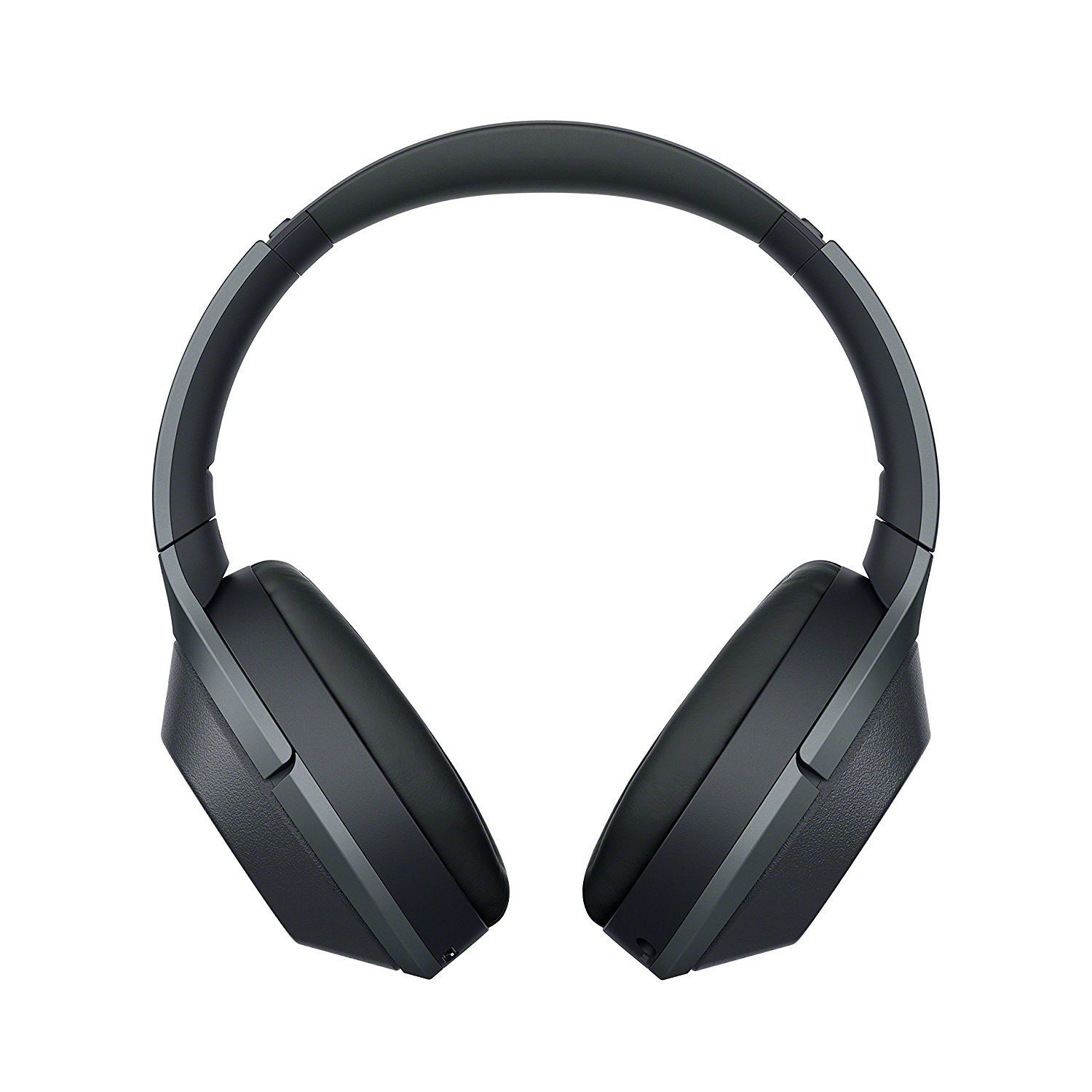
Kitchens are loud because they have lots of hard surfaces, thanks to bare floors and counters. Lee covers her floors with washable rugs and puts down mats on her counters. This Rugshop runner is made of polypropylene with a jute backing and is machine washable. Used on a countertop, woven placemats and table runners by Chilewich, below, would help dampen sound from appliances.
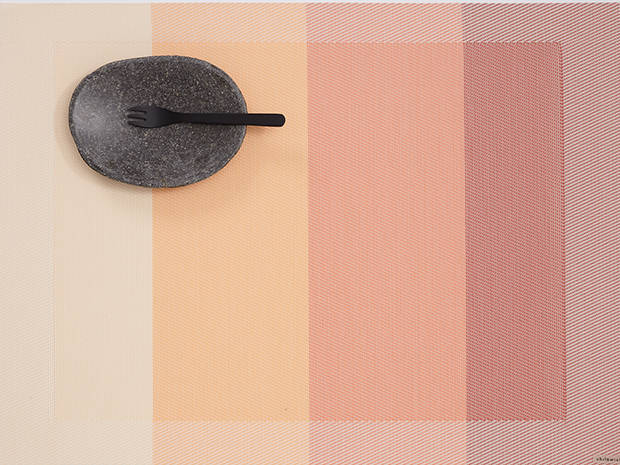
Lee also swears by her double-glazed, soundproof windows, and recommends two window companies in NYC for these: Cityproof and CitiQuiet.
“They are the best thing; I would have paid quintuple for them,” she says, noting that you will need a special enclosure for a window AC if you install soundproof windows.
Download a decibel reader
When buying an AC, check the decibel reading, she advises. The lowest decibel reading she’s seen is a Frigidaire with 6,000 BTU unit at 41 decibels. She recommends downloading a decibel app on your phone before you check out AC floor models. You can also find a frequency tester app, if you have that kind of sensitivity, she advises.
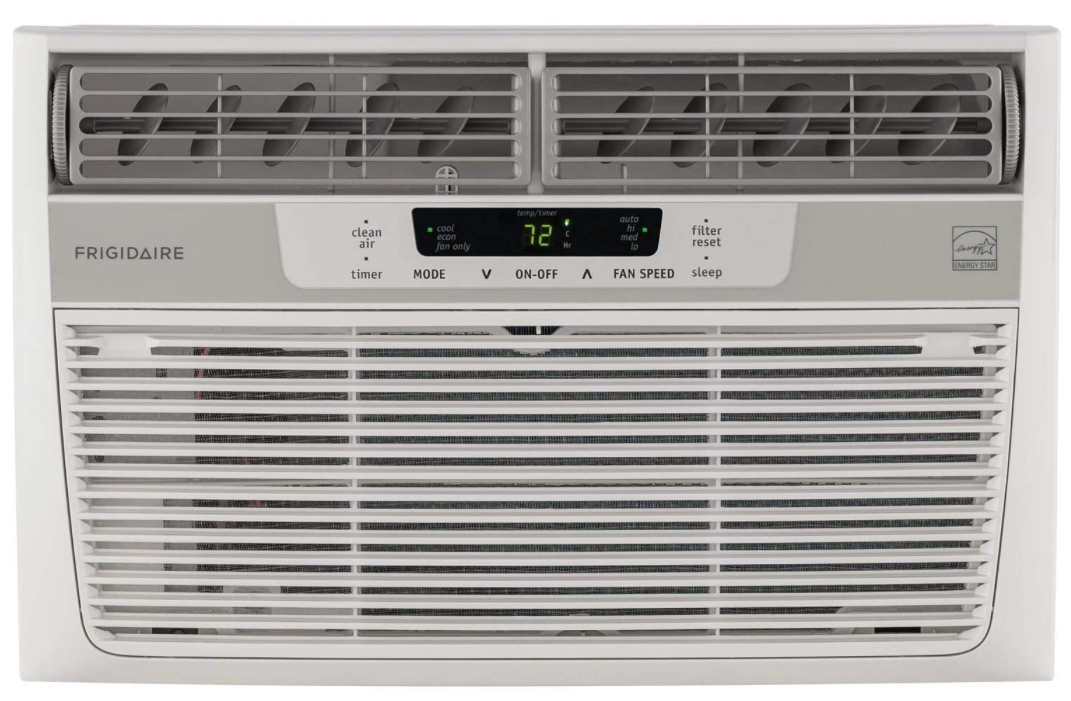
And decibel apps are not just great for shopping for quiet ACs—you can also use them when you shop for vacuum cleaners too.
Does your door buzzer make you jump? Muffle it with some foam so it isn’t so piercing. Because even if you don’t suffer from noise sensitivity, you can benefit from a quieter home. Your hearing—and mental health—will thank you.




